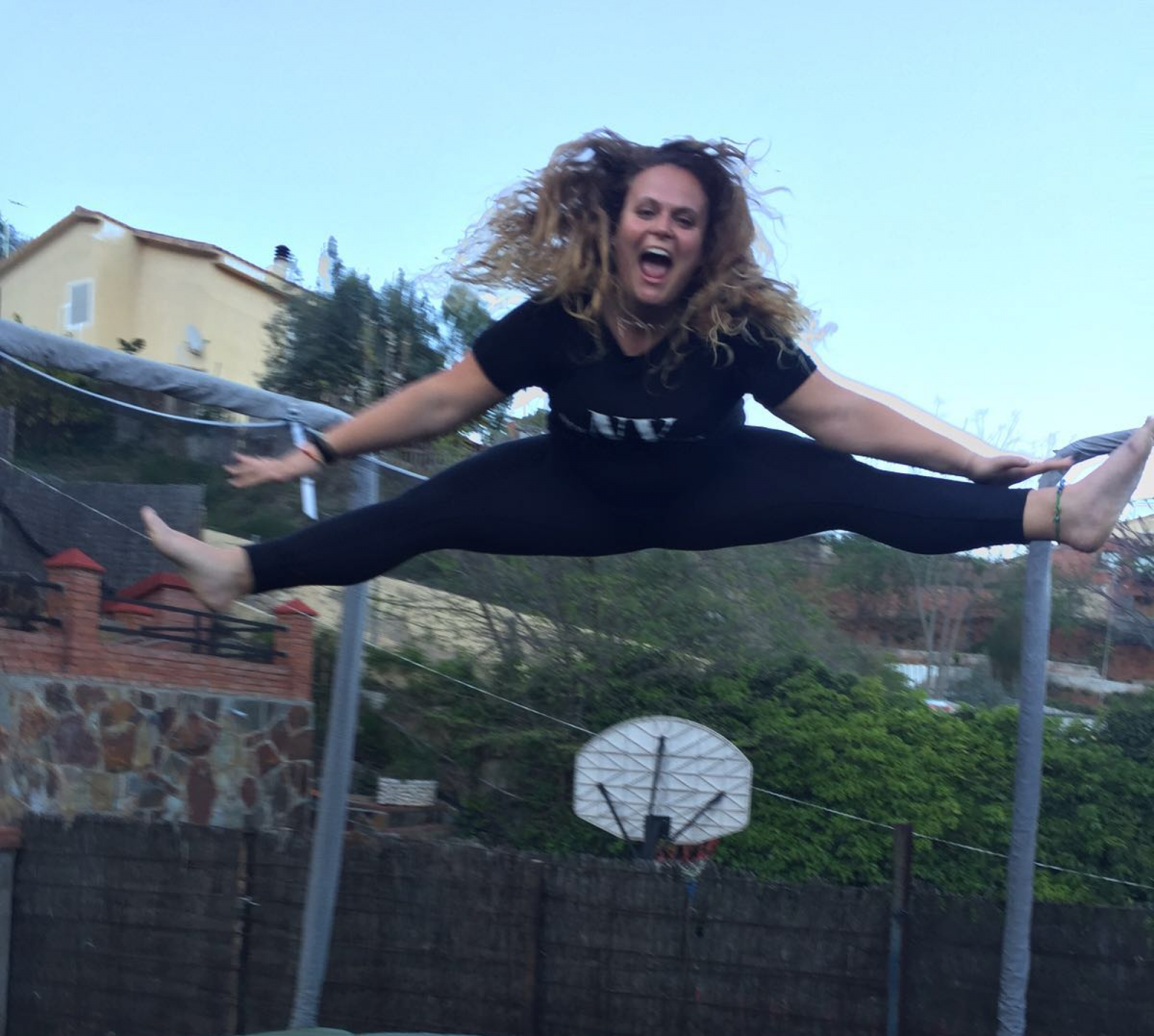LBST 330 – Fall 2018 Module 2 – Research in Context
Response paper #4
Bianca Paun
Readings: Linda Tuhiwai Smith: “Research Through Imperial Eyes” — Decolonizing Methodologies, Chapter 2, (1999): 42-57.1
Summary of Assignment
We were asked to read Linda Tuhiwaiww Smith’s text and to focus on the idea that any research we may develop will have a perspective on the world, which could potentially have an effect over another person’s worldview.
All research has a social side to it. We live on unceded Coast-Salish Territories. Our local indigenous space has been, as the author suggests, physically and conceptually colonized. No matter what your research theme is about, or what stage you are at, elaborate on your project concerns on addressing the ways normalized conceptions about time, space, history, language, notions of ‘acceptable’ research practices, etc, may be an unnoticed way of perpetuating colonial power. Imagine your project gains attention and has an influence over governmental policy making. How do you foresee establishing a dialogue –even if indirectly– with the worldview of the native local people or other cultures from elsewhere?
Response # 4
Reading chapter 2 – “Research Through Imperial Eyes” of Tuhiwai Smith’s book made me contemplate on the cultural differences of various nations and the supremacy of Western culture and its vision of the world.
In my view Smith’s digest contests traditional Western ways of knowing and researching.
Smith demands the “decolonization” of methodologies, and implementation of a new standpoint for indigenous research. Smith acknowledges major differences between indigenous approach to knowledge and western thinking, differences that seem insurmountable and are not just simple paradigms but also manners that are hard to conjugate. What seems easy in an westernized vision, might be a major hindrance to an indigenous one, and what seems natural to the latter can become a serious challenge for the former. People who have not inherited the indigenous back ground, need a great deal of will to understand indigenous culture and to overcome the westernized paradigms of thinking. When speaks about decolonization of investigation methods of the indigenous research Smith refers to “a more critical understanding of the underlying assumptions, motivations and values that inform research practices”.
Smith’s reference that the Western model of scientific research is not a universal language echoes my past experience as a CA in Spain, where I learned about different meanings and culture values of the Spanish nation. The whole reading made me think about Spain’s grievance of accepting English language as one of the dominant languages accepted worldwide; How the whole world perceives the Western process neutrality and essentially perpetuates practices of colonial rule. It also made me contemplate on how Spain found the solution to avoid the colonial rule by promoting their own cultural values (Spanish music, all English movies translated in Spanish). From one perspective Spain’s example is not the strongest because we’re talking about a powerful nation, which in history was one of the dominant colonial nations for south American natives. During the colonization era, Spain was a global power and was one of the most powerful nations at sea, with an enormous fleet and a well-established shipping merchant network system. This has greatly helped spread the Spanish language in the New World, as an impressive number of explorers, gold seekers, Spanish colonists, or adventurers flocked to the West to the new lands discovered. The effect of this massive colonization movement can be seen today, when most countries in South America and Central America as well as those in the Caribbean have Spanish as an official language.
Alongside the text, my tutorial and graduation project relate on addressing the ways normalized conceptions about language and education practices which are unnoticed ways of perpetuating colonial power. I like to imagine that my project gains attention and has an influence over governmental policy making on education and languages in Catalonia and BC. Learning from Spain on how they deal with language acceptance, and how they established a dialogue with the Catalan nation, and English as a foreign language –even if indirectly– and in the BC government acceptance and empowering of the native people culture and values.
Smith specifies that Western research has shaped into a concept known as” the west”. This concept has been shaped by society to the point in which indigenous peoples were left out of that Western system of knowledge, considering the Western model as a unified way of thinking. “The west” has somehow muffled the importance of indigenous experience and by ignoring its significance. According to Smith “Systems of classification and representation enable different tradition or fragments of traditions to be retrieved and reformulated in different contexts as discourses and then to be played out in system of power and domination with real material consequences for colonized peoples.”
The readings made me think about the recent government celebration of truth and reconciliation that helps to inform all Canadians about the residential school experiences, about the pain and damages aboriginal children and parents suffered when westernization imposed their rule of colonization. Back to those days the education system played a huge role in victimizing the aboriginal children. Education was used to enforce colonialization and to safeguard implementation of the “Westernized Canadian values” to native people.
Since my future projects, deal with education and language comparisons between Spain and Canada BC, I would like to develop more research on the comparison of how Spain and Canada dealt with the native local people or other nationals from the educational perspective.
